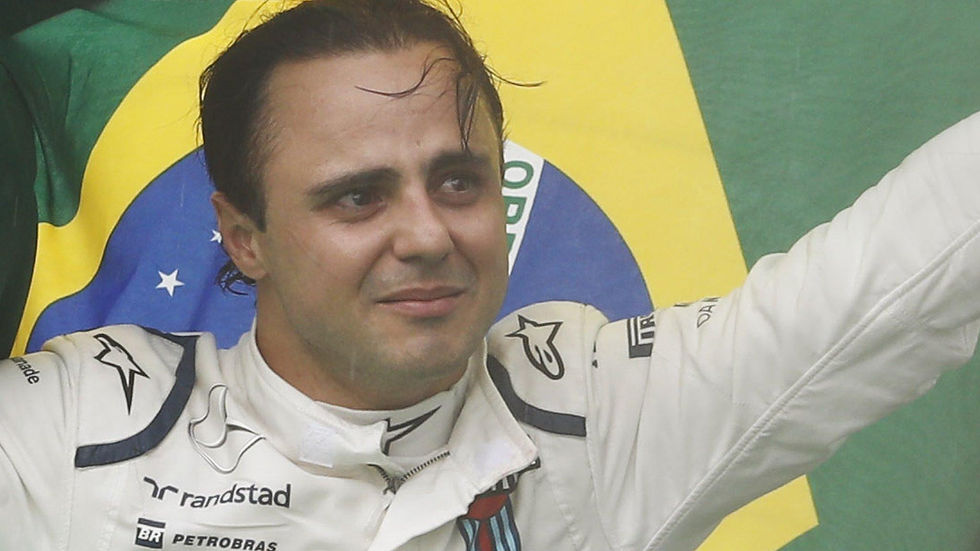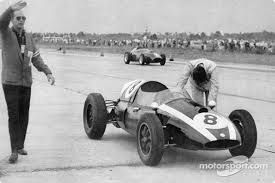McLaren vs. Honda: The Breakdown of a Once Legendary Partnership
- mallikarull
- Oct 6, 2024
- 3 min read
Honda made its return into Formula One in 2015 with McLaren. Despite what was once a legendary partnership from 1988 to 1992, winning multiple titles among Ayrton Senna and Alain Prost, it would become the start of McLarens downfall.

With 2 world champion drivers in their lineup, Jenson Button and the addition of Fernando Alonso, the pair were doomed over the season. McLaren finished the season ninth in the constructors, ahead of only Marussia Ferrari who scored no points that season. This was a drop from their previous partnership with Mercedes in 2014, where the team finished fifth in the constructors.
Throughout their first season, both drivers struggled to make it out of a majority of Q1 sessions, with the car averaging 2.7s off the Quail pace. It would take the team over half a season to find the issue, which was a power shortfall, which was masked by a series of reliability issues.
The start of the end
McLarens Ron Dennis was ready to break away from their previous partnership, getting away from the Mercedes customer team status. In an effort to break away, Dennis pressured Honda re-entering the sport a full year earlier that had been originally planned. This was the start of a series of issues that would doom the partnership and break relationships.
Power Unit issues
The sport made its switch to hybrid turbo engines the previous season in 2014, with Honda having been out of the game for a while it showed with Honda’s V6 Hybrid power unit plagues with reliability issues. The team would suffer from frequent engine failures from races to testing.

Another issue being the lack of pace compared to competitors, having previously competed against top teams like Mercedes, Ferrari and Red Bull, McLaren were now struggling to find straight line speed.
Alonso frustrated most having joined the team at the start of the partnership, called the Honda engine a “GP2 engine”, after the Spaniard was overtaken by the Sauber of Marcus Ericsson. This comment left a strain between Alonso and Honda.
Chassis-Engine Integration
McLaren’s chassis was designed with specific dimensions and requirements that were incompatible with the Honda engine which were notably smaller. McLaren had to combat the issue by designing a compact and aggressive aerodynamic package, which was flawed as it limited cooling and furthered reliability issues for the team. The clash in McLaren’s design philosophy and Honda’s engine development led to deep frustration from both parties with each side blaming the other.
The end of a once legendary partnership
After 3 painful seasons for all parties, the partnership was finally ended in 2017.





コメント